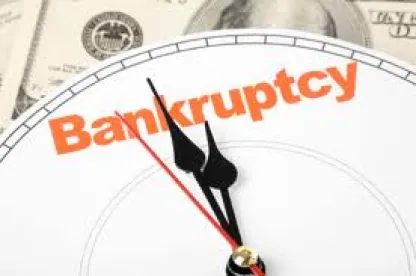Your business real estate may not be safe from a separate, but related, company’s bankruptcy.
In a shot across the bow to the Massachusetts construction community, a Massachusetts bankruptcy court has determined that in certain circumstances a bankruptcy trustee may seize a non-bankrupt company’s assets to satisfy a related bankrupt company’s creditors. The bankruptcy case of In re Cameron Construction & Roofing Co., Adv. P. No. 15-1121, 2016 WL 7241337 (Bankr. D. Mass. December 14, 2016), involved a bankrupt roofing contractor and a “property management” company, both founded and owned by the same individual. The contractor was incorporated as a roofing company with limited assets, namely roofing equipment and vehicles. Years before filing for bankruptcy, the owner had created the separate limited liability “property management” company, which owned the real property from which the contractor operated its business. The bankruptcy trustee filed the case seeking to disregard the separate corporate structures of the two companies and “consolidate” the assets of the non-bankrupt property management company with those of the bankrupt contractor to satisfy the latter’s creditors.
The two companies appeared to be separate corporate entities, but in assessing the relationship between the two the Court determined that despite the fact that the contractor and the non-bankrupt company filed separate tax returns, maintained separate articles of incorporation, issued separate W-2’s, and filed separate annual reports, there was a “substantial identity between the entities to be consolidated.”




 />i
/>i
